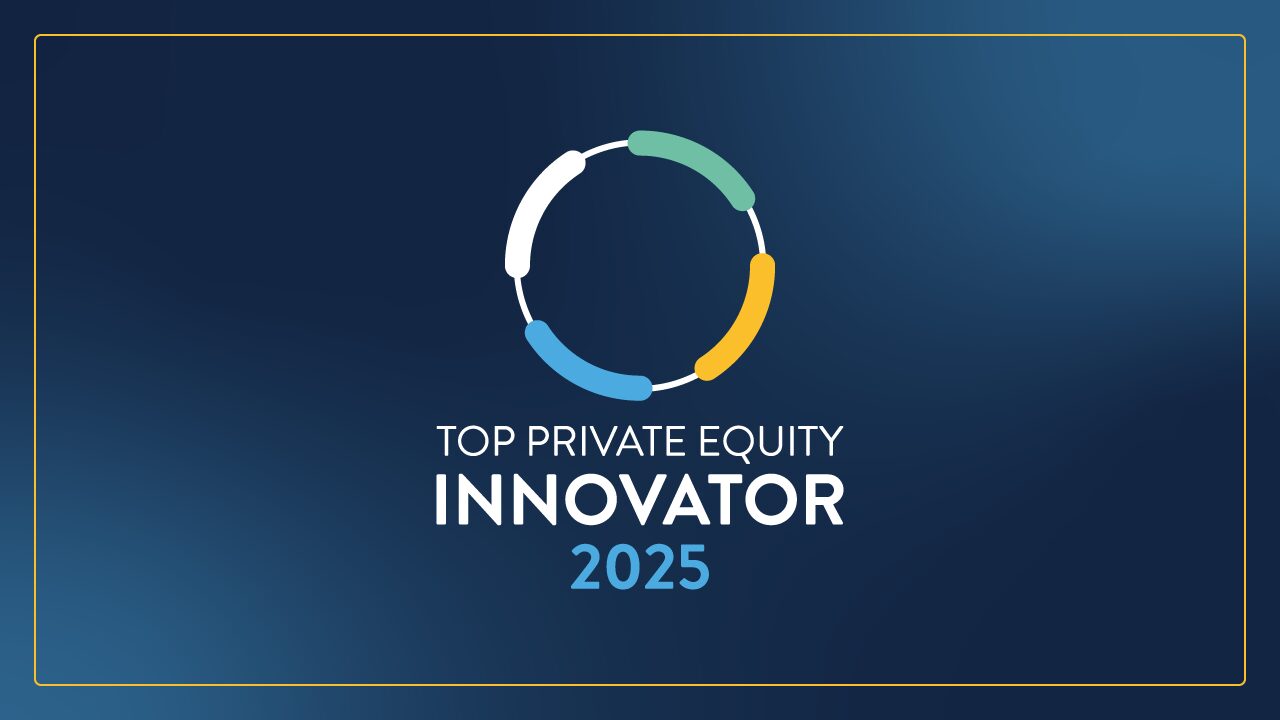As American companies fight to recover from COVID-19 and the resulting economic downturn, the private equity industry has stepped in to provide capital, expertise, and many other forms of assistance. But how, exactly, are PE firms approaching such an unprecedented situation? What lessons can they teach other companies, including those that aren’t PE-backed? What does the future of the industry look like? Scott Plumridge is a Managing Partner at The Halifax Group, and he recently took some time out of his busy schedule to answer these questions and offer other insights on the state of the PE industry.
Sean Mooney: What industries and companies do you primarily invest in?
Scott Plumridge: We invest in healthcare and pharma services, business services, and franchising companies. Examples of our prior and current portfolio companies include Caring Brands International (the leading international franchisor of homecare), StrataTech Education Group (a major welding and training school for HVAC and industrial trades), AAMP (a provider of aftermarket parts for vehicles), and many others.
SM: What kind of strategies have you implemented and what investments have you made during the economic contraction and why?
SP: The pandemic has been a great time to highlight the value of functioning PE relationships for a lot of small to medium-sized businesses. Many were dealing with supply chain issues, closed facilities, or COVID breakouts with staff. We helped to plug the financial hole – non-PE-backed companies don’t have our financial resources. But we were also able to give our portcos “CliffsNotes” versions of best practices and considerations.
For example, we started a weekly newsletter and webinars that ran over the course of eight weeks, which discussed issues such as furloughing employees, safety, how to bring teams back, unique forecasts for each company, cash flow, and contingency plans. We wanted to make sure companies had capital to weather a storm, fund new models, and meet new requirements (masks, shields, and so on). It’s essential for PE firms to provide emotional, technical, tactical, and financial support to keep businesses on track. We’ve got ten portcos, and we’re consolidating best practices and using them with all our companies.
SM: What general advice would you offer other companies trying to get through a period of economic uncertainty?
SP: The hardest discipline we offer in the middle of an environment like this is: don’t forget about your growth plan. Look for opportunities to offer new services or products. We had multiple companies launch new services or complete acquisitions during this period.
SM: What role does data play in your decision-making, as well as portcos’ ability to be agile and quickly make decisions?
SP: One of the biggest things is data transparency. Our companies need help organizing and understanding datasets. We help them set goals against data and the overall business environment, then we use that data to enhance offerings compared to competitors. Figuring out how to channel and productize data can be an alternative business model.
SM: What can non-PE-backed businesses learn from the way PE-backed companies approach growth and value creation?
SP: Two things came to mind. First, I would tell any independent business: don’t try to do it all by yourself. Seek out experts and build a diverse team. We come in and work with our management team, then we bring in a bespoke set of directors to identify gaps and fill them, and selectively use third parties (which BluWave helps us with). Have a good group of advisors who will hold you accountable and who have a stake in your success.
Second, constantly be looking for undiscovered opportunities for reinvestments. Every company we’ve ever worked with has had fabulous reinvestment opportunities that were unrealized when we came aboard. Most people have either become set in their ways with a narrow vision of what their business is, or they’re scared to reach into their wallets and fund themselves. We can unlock new opportunities. The highest return dollars come from reinvestments we do after the initial investment.
SM: What trends are you seeing over the next six to twelve months?
SP: The role of PE will only become more vital. There are tough times ahead, but as other sources of capital shrivel up, PE will step in to keep companies moving forward and fill the void.


